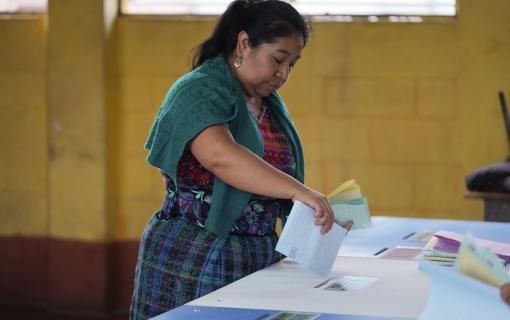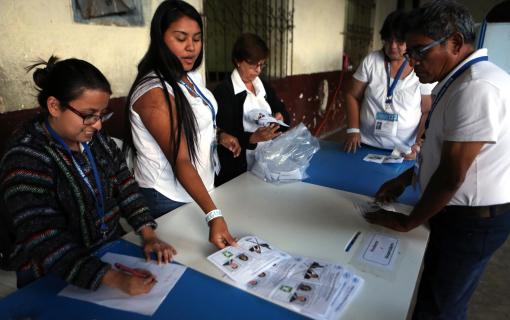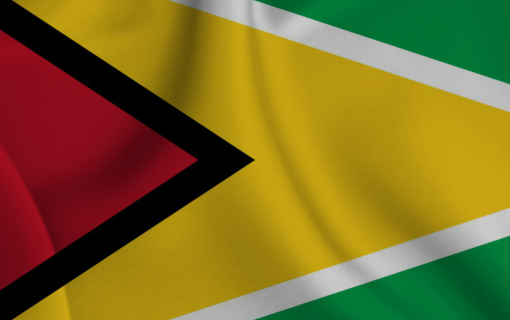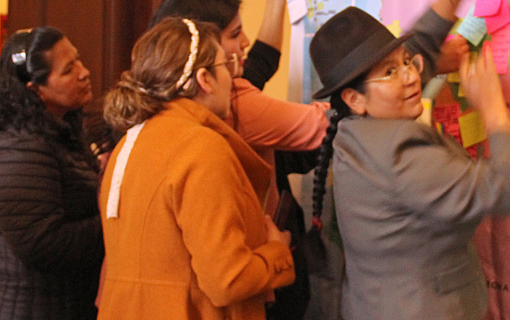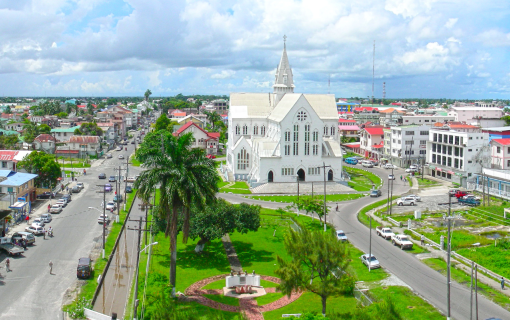Judicial Independence Conference Lima, Peru Nov 29-30, 2001
Introduction
IFES is very pleased to submit this trip report and concept paper to USAID/Peru. We very much appreciate the opportunity to work with USAID on this important event, and hope it is just the beginning of a long and fruitful relationship.
The cosponsors, in addition to IFES, were the Washington-based Due Process of Law Foundation (DPLF), the Santiago-based Judicial Studies Center of the Americas (CEJA), and two Peruvian organizations - the Institute for Legal Defense (IDL) and the Association of Judges for Justice and Democracy. The USAID/Global Democracy and Governance Office were also very involved in the planning phase of this event, which was hosted by USAID/Peru.
As agreed upon by all of the organizers and sponsors, the event was intended to and served multiple purposes. Among other things, it imparted a wealth of rich, new comparative information, as well as lessons learned, through a serious, well organized discussion of judicial independence issues of concern to Peruvian and Latin American reformers alike. Key research findings and lessons learned were gleaned from both the Guide for Promoting Judicial Independence and Impartiality, in special reports related specifically to Peru and through thoughtful discussions and papers presented by country, regional and international experts. The conference also served to highlight the importance of judicial reform to the Peruvian public, which was accomplished through solid press coverage and recent IDL and CEJA publications. In this regard, we believe the conference also demonstrated the capacity of the recently established CEJA to assemble an impressive group of regional experts for an informed discussion of key issues of importance to judicial systems throughout the region and the capacity of important indigenous Peruvian NGO, IDL, to undertake serious research and debate among many Peruvian players, particularly those in civil society. The country and regional network of reformers created and the knowledge imparted during the conference and how it is ultimately used are other accomplishments that may not be fully realized until later in the reform process. Most important, the conference it provided an opportunity for Peruvian government officials, judges, other legal sector practitioners and civil society, alongside international experts, to openly meet and debate how to literally rebuild a judiciary that had been seriously compromised by the "reforms" of the Fujimori government. While the conference was largely successful on most fronts, its immediate impact may not be fully realized, however, because of an unforeseen internal dispute that resulted in more limited official participation than planned, especially by judges currently sitting on the Peruvian Supreme Court (most of whom were appointed by Fujimori and generally not perceived to be reform oriented). However, the primary goal that all agreed was most important, that is, securing the attendance of all major NGO's working in this field and supporting reforms, as well as a number of key reform oriented judges, was indeed largely accomplished. Some of the ideas presented at the conclusion of this paper are designed to build upon the conference and to reach-out to those judges who are genuinely interested in a serious, strategic discussion on this important subject.
Read the Full Report.





